I'm a Woman with Male Chromosomes
Katie Baratz thought she was a typical teenage girl — until her parents let her in on the shocking truth that changed her life forever.

The year I was in fifth grade, I saw a television commercial for tampons. Like most 10-year-olds, I'd never heard of a tampon. But when I asked my mom what one was, she started crying.
How do you tell your daughter that she's never going to need tampons? That she won't get her period or have babies, and that those things are the least of what sets her apart?
From the outside, there was no sign that the little kid watching TV in a suburb of Pittsburgh was so different. I've always been girly — obsessed with dresses, sparkles, and the color pink, donning felt poodle skirts for Halloween and loving makeup.
What isn't obvious is that I have a rare condition called androgen insensitivity syndrome, or AIS. I was born with XY chromosomes, the combination found in boys. With AIS, an XY embryo doesn't respond to the crucial hormones that tell the penis and scrotum to form. At the earliest stage of life, my body missed those signals, and I developed as a girl, with a clitoris and vulva. But what's inside me doesn't match.
My parents learned this when I was 6. That year, I collapsed in the shower with a painful lump in my groin. Convinced I had a hernia, my parents, both doctors, rushed me to the hospital. But when surgeons operated (a hernia is tough to X-ray and needs to be fixed surgically), there was no twisted loop of intestine behind that bump. It was a testicle that had started descending. Across my abdomen, they found another one. The upper portion of my vagina, and my cervix, uterus, and fallopian tubes were missing.
In 1990, AIS was still called "testicular feminization," a name I hate. It makes me sound like a failed man, not a woman at all. The belief since the 1950s was that if a woman knew she had this, she'd go crazy or become a lesbian. The doctor told my stunned parents that I could grow up normally, even adopt, but I shouldn't know I had XY chromosomes or testes. My parents decided to tell me gradually.
They showed me an anatomy book and told me the uterus was the nest inside a woman where the baby grew. I didn't have one, but I could adopt a baby that would grow in my heart and be part of my family. I learned about periods and knew I wouldn't get them, but I thought that was it — until I turned 16.
Stay In The Know
Get exclusive access to fashion and beauty trends, hot-off-the-press celebrity news, and more.
That year, my sister came home from school with a biology project. Everyone in her class was assigned a condition to research, and she got AIS.
"Mom and Dad, it sounds a lot like Katie," she said at dinner one night. "And there's a woman with Mom's name on the support group website."
My parents looked at each other. They'd wanted to wait until I was 18, but there was no going back now. They told me and my brother and sister, twins who are 15 months younger than I am, everything. My dad finished up, saying, "You're still our girl." Why wouldn't I be a girl? I thought. What I said was, "Who else knows?"
My mom went to meetings for girls like me, I knew, but I'd assumed my parents hadn't told me anything else because that was all there was to it — I just lacked a uterus. Now I realized there was a lot more, even a label: AIS. What I had was a syndrome. Everyone, it seemed, was already clued in: my doctors and grandmother, aunt, and cousin.
I was devastated and angry, feeling betrayed by my parents and my own body. Looking back, I know those emotions came from a fear of what was wrong with me, plus the eternal conflict of adolescence: someone else deciding what's best for you. It was a crappy feeling, but I've always been great at channeling my anxiety into something else, and at that moment, I was going to be late for practice. Leaving the table, I donned my beloved pom-pom-girl uniform — a pleated skirt and vest in white, black, and red; white vinyl cowboy boots with silver paillettes; and enormous pom-poms — for the school drill team. As I got into my Honda Odyssey minivan and drove to practice, I was just another pom-pom girl again.
But it wasn't that simple. High school was grim. I didn't have the vocabulary to talk about what I was learning about myself. I had horrible insomnia and tons of anxiety that sometimes veered into depression. I was super-compulsive about school, spending hours studying. Playing the piano, pouring myself into classical sonatas, thinking of the thousands of people who'd played them before me, was comforting, but in terms of friends, I was needy — so much so that relationships, even with the three girls to whom I was closest, were bizarre and one-sided. Getting validation from guys didn't work, either. Once, I hooked up with a guy who told his friends he could only get the tip of his finger inside me. The rumor went around school, and one girl even had the nerve to say, "Katie, I heard something about you ... but I can only put the tip of my finger on it." It was one of the most humiliating moments of my life.
College was better, partly because I found a therapist I loved my freshman year at Haverford. I'd seen counselors on and off since middle school, but this woman was fantastic and got angry for me when I felt hurt. The same year, I joined the campus cast of Godspell. I love musicals, and I met my best friend, Hilary, in the show. I was starting to feel comfortable in my own skin. Then, on Halloween of my senior year, I met Sam.
I was dressed as a disco ball and he as an Alaskan snowshoer. He pushed a drunk freshman into the room where I was sitting with friends and followed him in to chat us up — yes, very slick. Six feet tall with greenish-brown eyes and long lashes, he was in great shape, a track star. We started talking, and before I knew it, he was courting me with chocolate-covered strawberries and Marilyn Monroe movies.
A month after that, we were holed up in his family's home near campus. I'd told two previous boyfriends about my AIS, so I launched into my usual spiel. Midway through, Sam stopped me — he already knew. A track teammate had approached him in the locker room after practice and said, "I heard you're dating Katie Baratz. Is it true she's really a guy?" Sam had known I'd tell him when I was ready.
At this revelation, I started sobbing hysterically, my face turning bright red. Perched on his bed in his childhood room, surrounded by his track trophies and Phillies pennants, I realized that, once again, someone else knew more than I did. But Sam just held me, saying, "I've never been as excited about a woman as I am about you. This has nothing to do with that." It was the most perfect thing he could have said.
Last year Sam proposed, in a park in Philadelphia, and we're getting married on New Year's Eve. I'd always daydreamed about getting married, but it was never a given. Now the only thing I see us struggling with is having a family, although we could adopt or use a surrogate. My testes were removed the summer before college, in case of cancer, and not having genetic material to contribute to a baby is one of the hardest things for me. But as Sam says, "I thought I knew what I wanted, but I realized all I want is you." A lot of the peace I have now is due to him.
And we can still have sex, even if kids aren't an option. The technical term for my vagina is a "blind pouch," because it doesn't connect to a cervix or uterus. Like many AIS women, when I was younger, I used a dilator — picture a big, not-fun dildo — so that sex would be comfortable when I got older. I'd smear estrogen cream on it and press it into my vagina for 30 minutes a day. (I produce the same amount of estrogen as any other woman, but the cream helped the tissue stretch.) Now I have as wonderful a sex life as anyone else!
I'm also really involved in the AIS community. It feels incredible to help others with the pain I went through — it was only after finding the AIS Support Group, the summer before college, that I realized AIS could be part of my life without dominating it, and that the loneliness I'd felt abated. AIS affects one in 20,000 people, but disorders of sex development occur in one in 2,000 babies, so issues like this are more common than you'd think. When Caster Semenya, the South African runner who went through gender testing last year, made the news, my support group reached out to her, even though her condition doesn't sound exactly like AIS.
Ultimately, I want to be an advocate for people like me. It's hard to convince doctors to change how they handle such cases if you're not their peer, so I'm in med school, and getting a master's in bioethics. I hope my degrees will give me street cred in the medical community, since this is what I'm meant to be doing. Talking about tampons doesn't have to lead to tears.
-
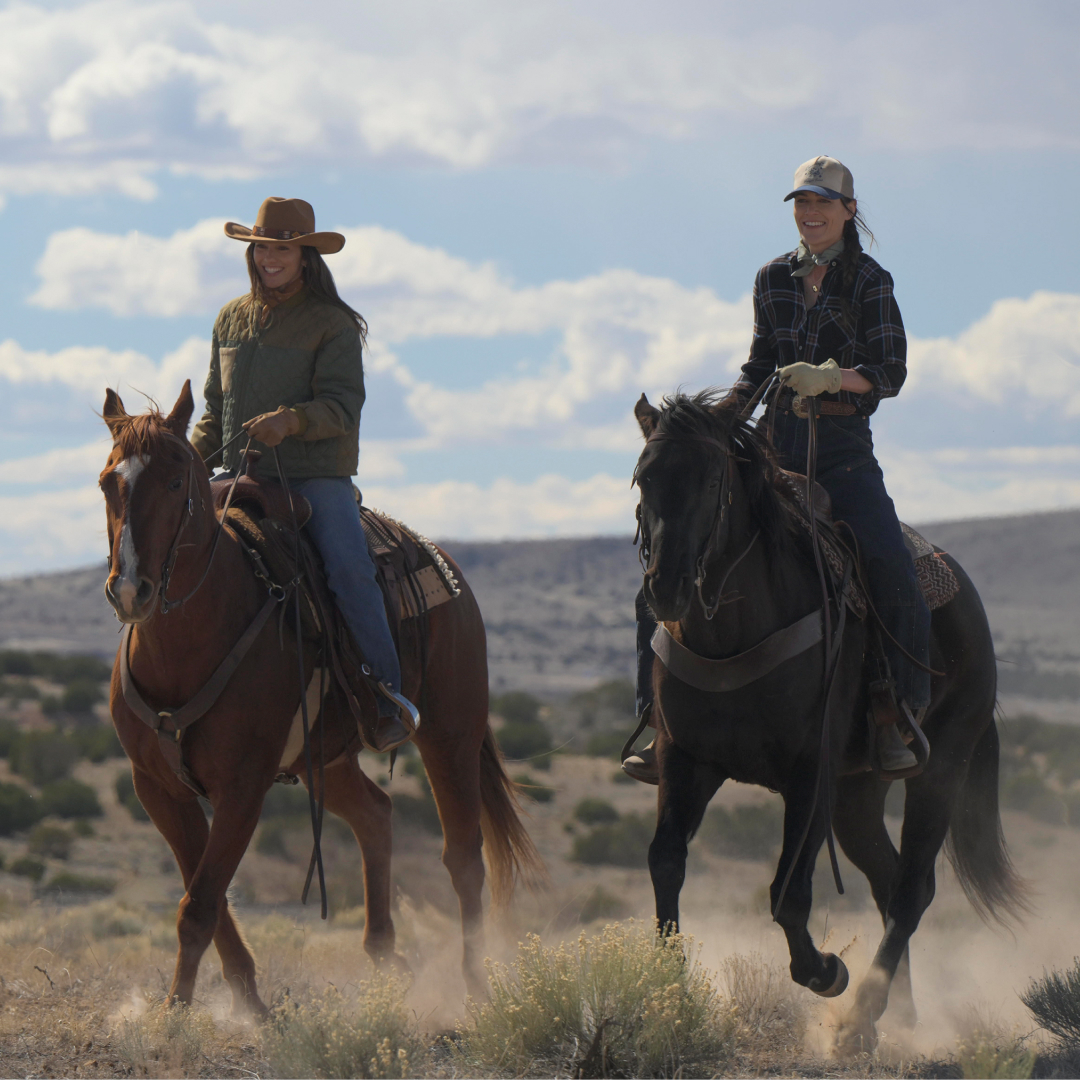 'Ransom Canyon' May Give Texas the Small-Town Drama Treatment, But That's Not Where It Was Filmed
'Ransom Canyon' May Give Texas the Small-Town Drama Treatment, But That's Not Where It Was FilmedHere's what to know about the real-life ranches featured in the Netflix series.
By Quinci LeGardye
-
 I Predict These 23 On-Sale Wardrobe Staples From Nordstrom Will Be Sold Out Next Week
I Predict These 23 On-Sale Wardrobe Staples From Nordstrom Will Be Sold Out Next Week23 Must-have shoes, tops, skirts, and more.
By Brooke Knappenberger
-
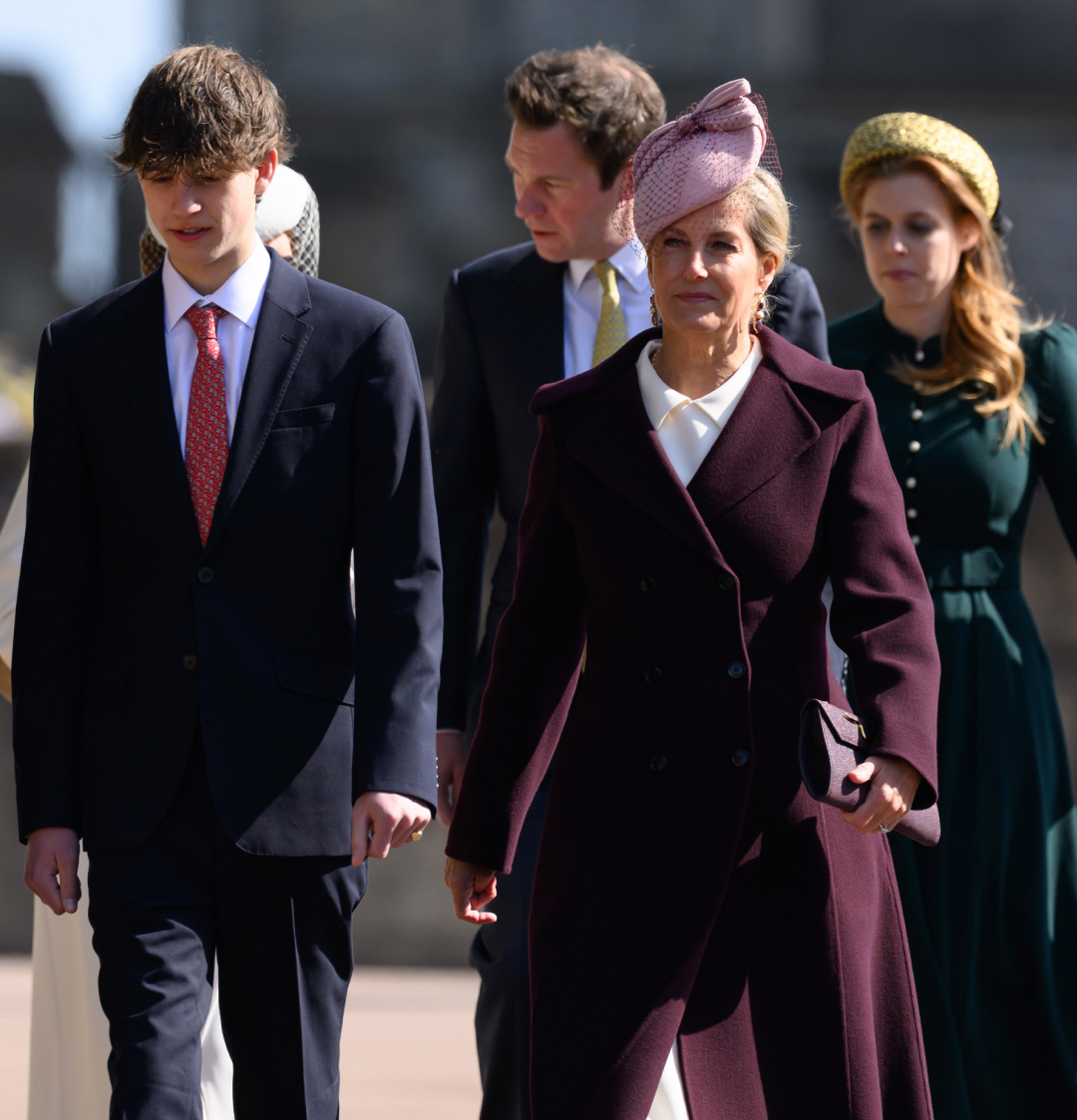 Fans Can't Stop Talking About This Rarely-Seen Royal After Easter Appearance
Fans Can't Stop Talking About This Rarely-Seen Royal After Easter AppearancePrince Edward and Duchess Sophie's son shocked royal watchers with his grown-up look on Easter.
By Kristin Contino
-
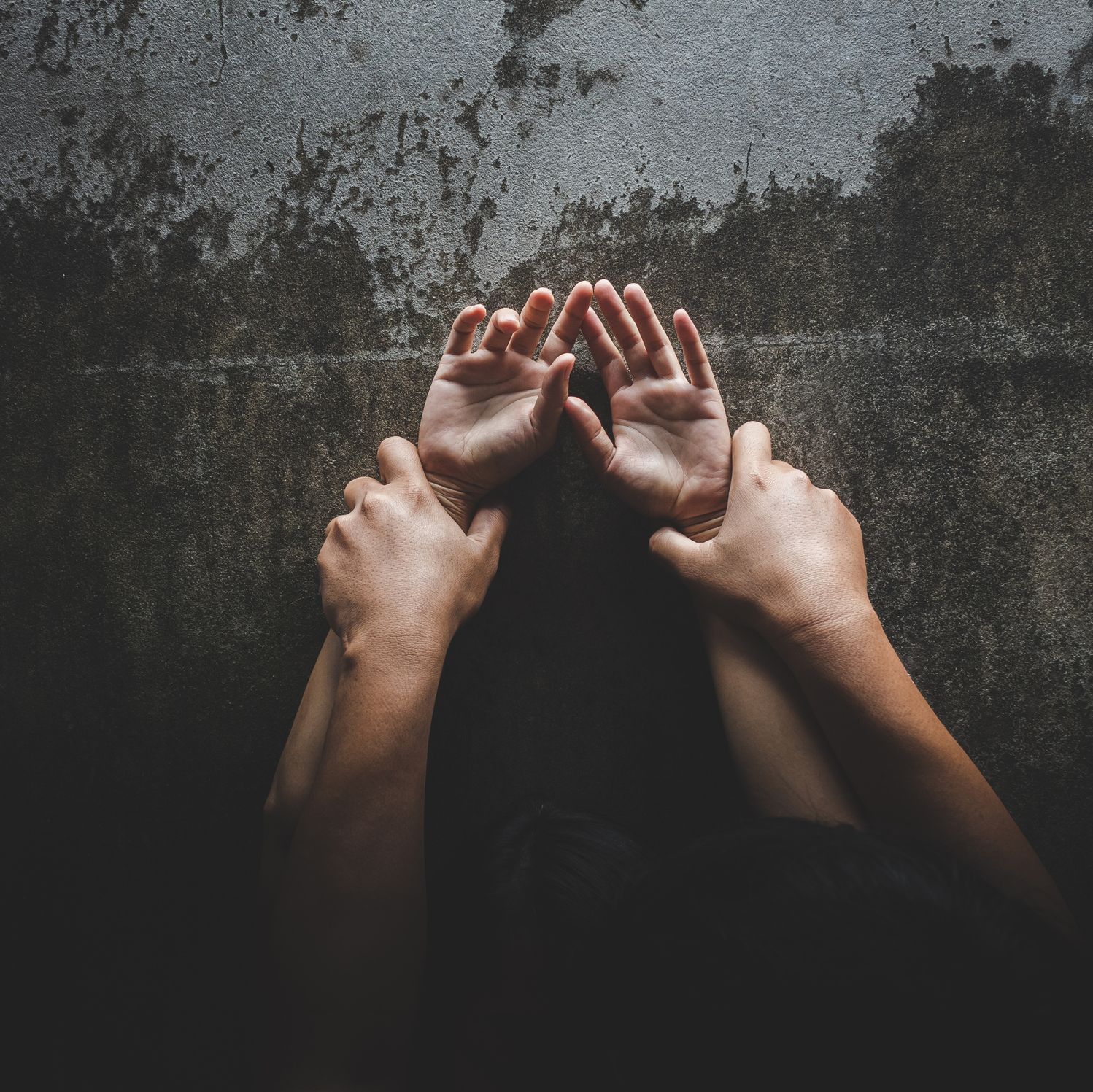 The All-Time Favorite Sex Positions of 11 Real Women
The All-Time Favorite Sex Positions of 11 Real WomenFeatures "It makes me feel like the sexiest woman on earth."
By The Editors
-
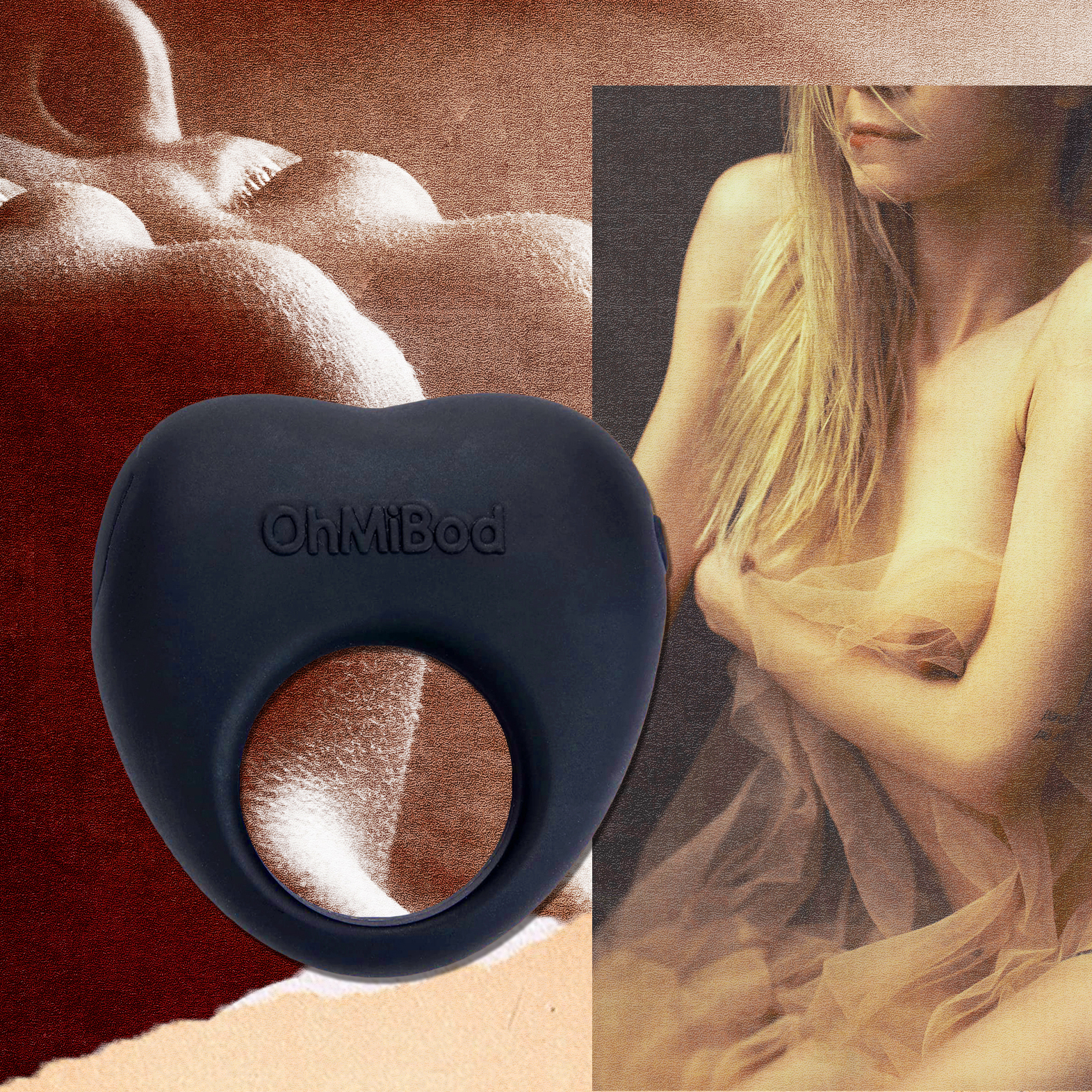 The 22 Best Vibrators, According to Sex Toy Experts
The 22 Best Vibrators, According to Sex Toy ExpertsThe vibes are immaculate.
By Gabrielle Ulubay
-
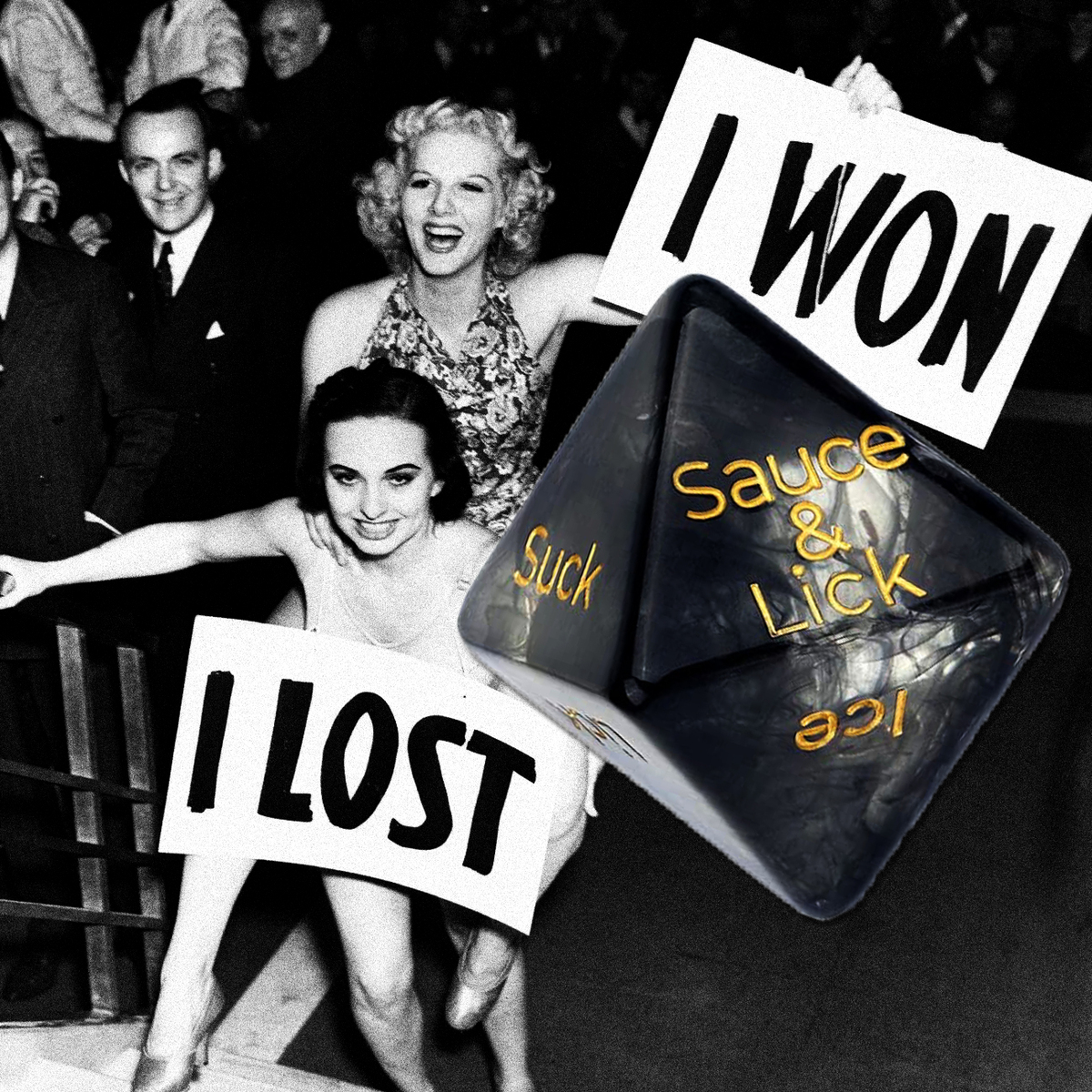 The 20 Best Sex Games for Couples in 2023
The 20 Best Sex Games for Couples in 2023Who said game nights need to be wholesome?
By Gabrielle Ulubay
-
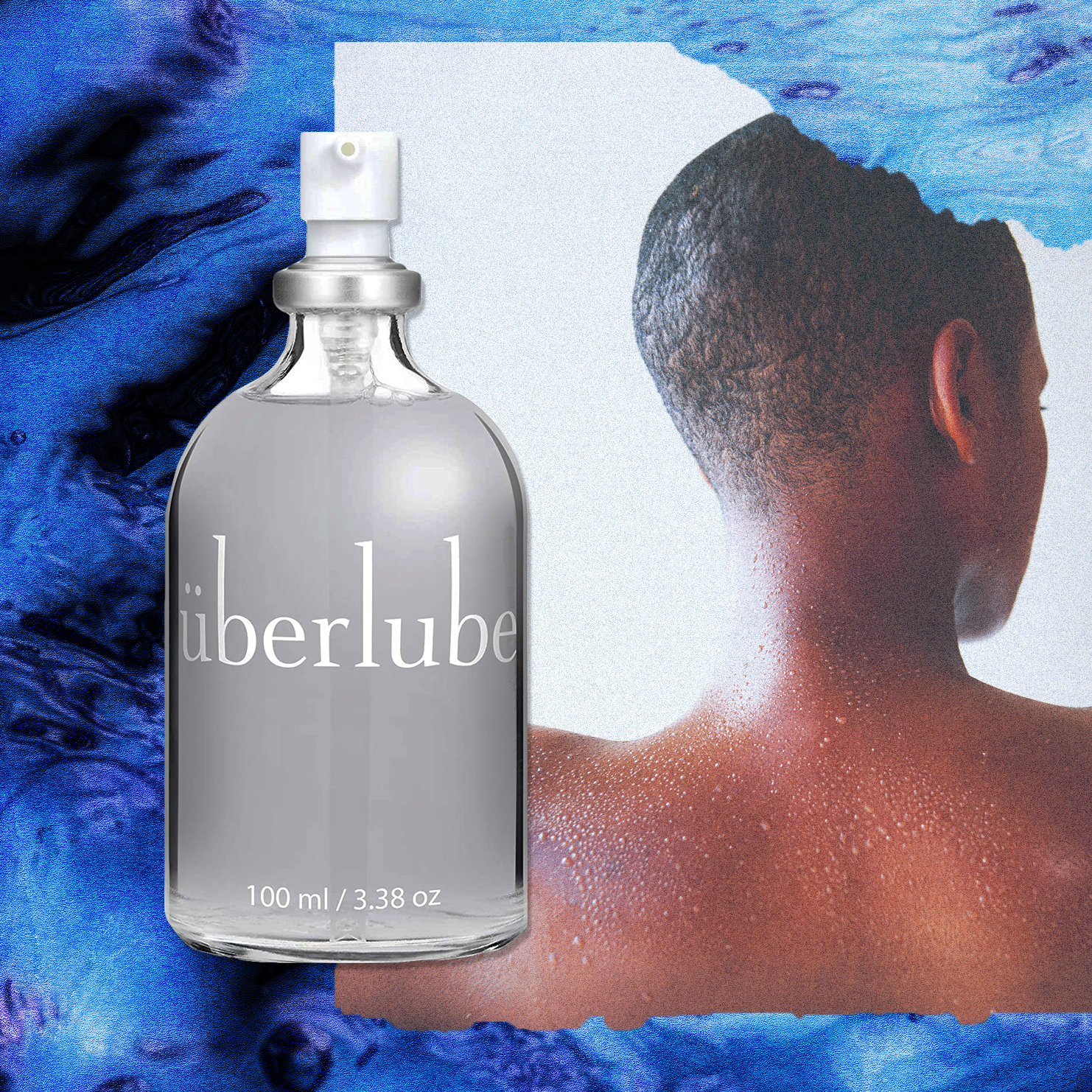 The 14 Best Lubes for Every Need
The 14 Best Lubes for Every NeedGood sex should always go smoothly.
By Gabrielle Ulubay
-
 30 Female-Friendly Porn Websites for Any Mood
30 Female-Friendly Porn Websites for Any MoodFeatures All the best websites, right this way.
By Kayleigh Roberts
-
 The 82 Best Cheap Date Ideas for Couples on a Budget
The 82 Best Cheap Date Ideas for Couples on a Budget"Love don't cost a thing." —J.Lo
By The Editors
-
 Diary of a Non-Monogamist
Diary of a Non-MonogamistRachel Krantz, author of the new book 'Open,' shares the ups and downs of her journey into the world of open relationships.
By Abigail Pesta
-
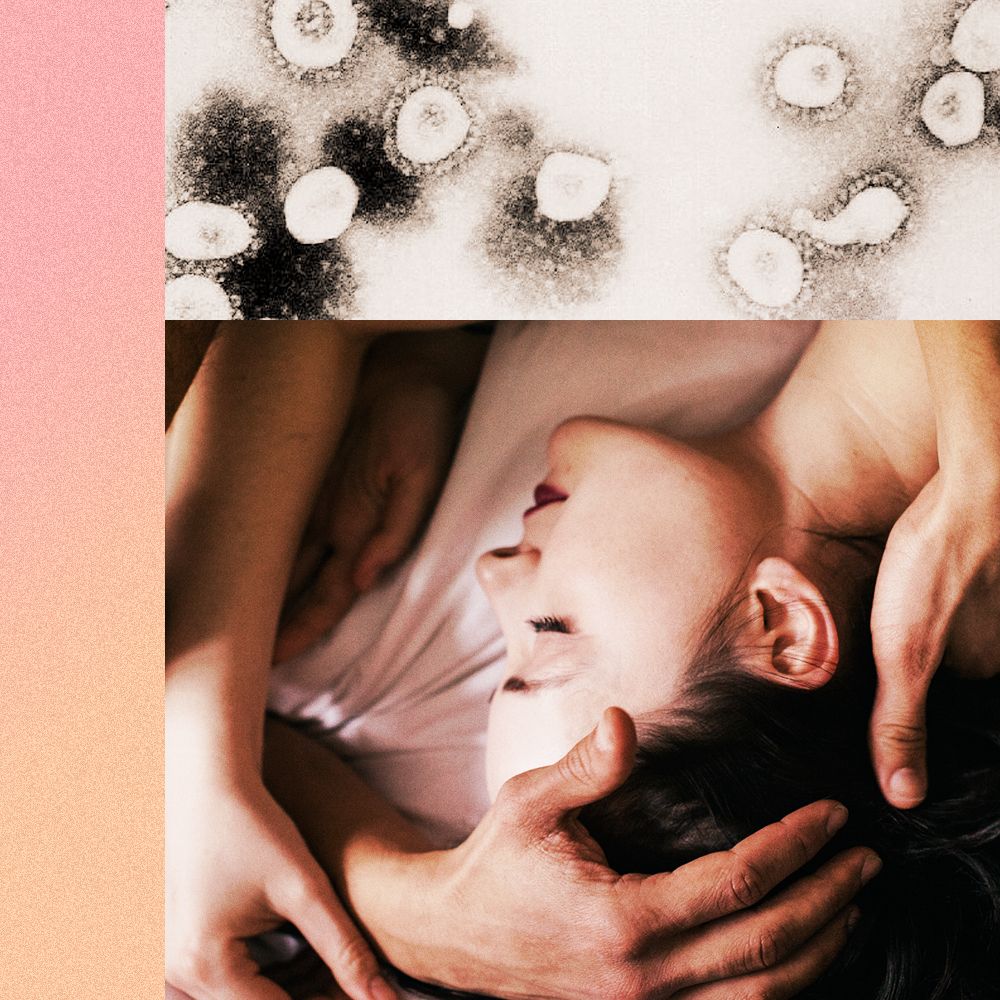 COVID Forced My Polyamorous Marriage to Become Monogamous
COVID Forced My Polyamorous Marriage to Become MonogamousFor Melanie LaForce, pandemic-induced social distancing guidelines meant she could no longer see men outside of her marriage. But monogamy didn't just change her relationship with her husband—it changed her relationship with herself.
By Melanie LaForce